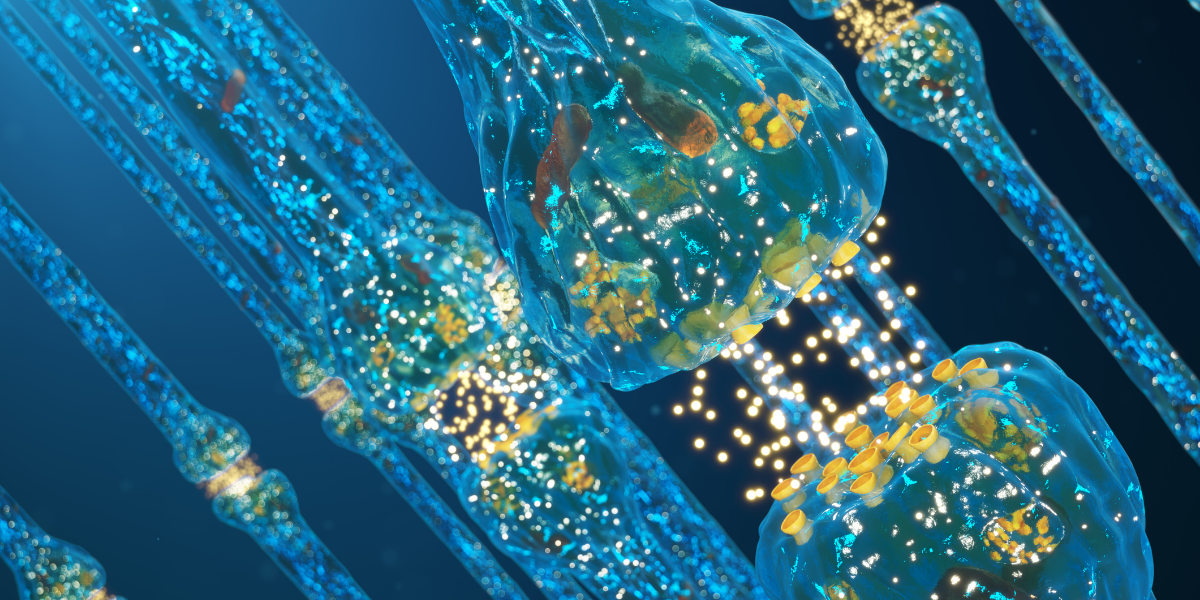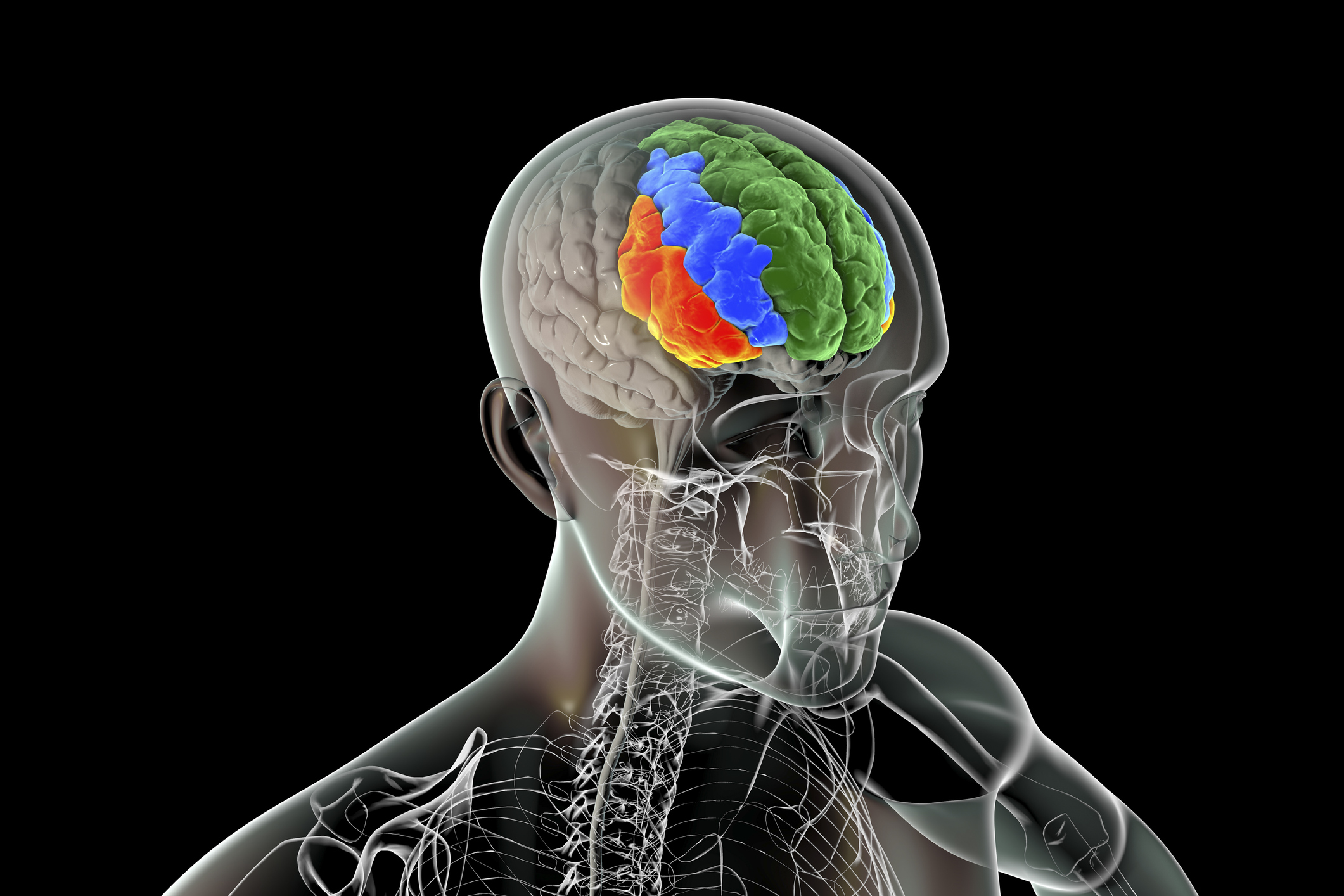Can Deep TMS Treat Chronic Pain?
August 22, 2022
Deep TMS is FDA-approved to treat mood and behavioral disorders, including depression and OCD (obsessive-compulsive disorder). But studies show that Deep TMS may also be a safe and effective treatment for chronic pain. What Is Chronic Pain? Chronic pain is defined as pain that lasts longer than three months, although…









